In the streaming era, the idea of compilation CDs might sound like a relic from the past, but compilations remain a powerful promotional tool—especially for independent and emerging artists who want to expand their audience and gain credibility. At Sunset Music, we’ve seen firsthand the impact these placements can have. With hundreds of tracks placed on compilations worldwide, we know that when done right, compilations can serve as long-lasting platforms for discovery, revenue, and visibility.
Why Compilation Placements Still Matter
A compilation is more than just a playlist on a CD. It’s a curated collection of music built around a concept, genre, label identity, or even a cultural theme. Unlike random streaming playlists, compilations are often carefully branded and distributed with a specific audience in mind—fans who are actively seeking new artists within a genre or sound.
For indie musicians, this means landing a track on the right compilation can open doors to listeners who may not have found you otherwise. In some cases, compilations also become collectible items, extending an artist’s reach well beyond the digital sphere.
How Tracks Get Placed on Compilations
Not all compilations are created equal, and the way a song gets placed can vary:
1. Licensing Agreements
For established artists or labels, a compilation organizer will typically negotiate a licensing deal. This involves securing rights from both the owner of the master recording (often a record label) and the music publisher representing the songwriter. These placements are professional and contractual, usually with upfront fees or royalties attached.
2. Pay-to-Play Inclusions
In niche markets, some compilations use a pay-to-play model where artists pay a fee to have their song included. While these can sometimes offer exposure, they’re not always worth the investment, as not every compilation has the audience reach or promotional push to make a difference. Artists should approach these opportunities with caution and always research the credibility of the curator.
3. Open Submissions
Independent artists often submit music directly to curators, labels, or blogs producing compilations. Success here depends heavily on the reputation of the project. Well-respected curators can provide a significant visibility boost, while poorly executed compilations may not yield meaningful results.
The Benefits of Being Featured
A smartly chosen compilation placement can offer artists a range of long-term benefits:
- Exposure to New Audiences: Compilations bring your music into the orbit of fans who already love your genre. A single placement can lead to new fans, followers, and even press coverage.
- Royalty Revenue: Unlike playlists, which can rotate songs in and out, compilations are fixed products. When distributed on physical formats or streaming platforms, they generate consistent royalties for years.
- Boosting Visibility: Compilations are a great way to showcase catalog tracks that might otherwise be overlooked, giving them fresh life and renewed attention.
What Artists Should Consider
Before jumping into any compilation deal, artists should weigh a few critical factors:
- Quality and Reputation: Stick with compilations curated by respected labels, brands, or blogs that prioritize professional production and promotion.
- Rights and Contracts: Protect your music. Never sign away ownership of your master or publishing rights without clear compensation. Contracts should define royalty splits, duration, and territories.
- The Changing Landscape: While playlists on Spotify and Apple Music have largely replaced physical compilation CDs, compilations still thrive in both digital and physical formats. Today, compilations may appear as Spotify bundles, digital albums, or even vinyl pressings—each offering its own promotional value.
Sunset Music’s Experience in Compilation Placements

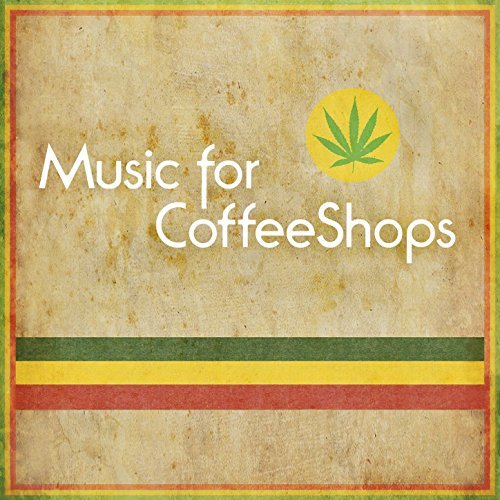



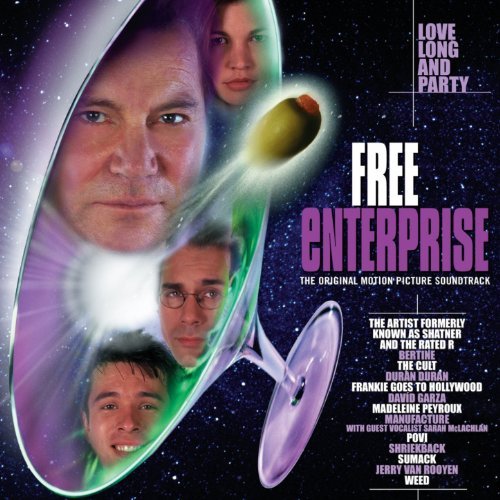

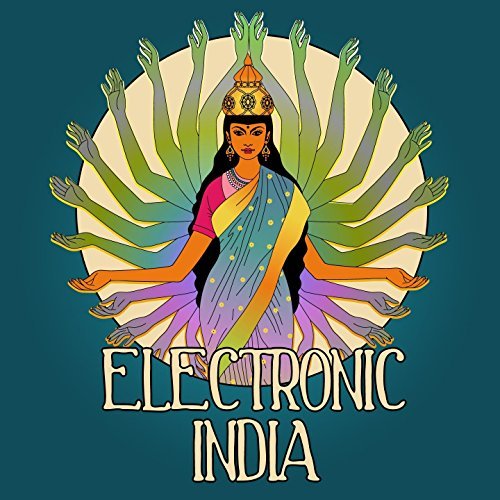
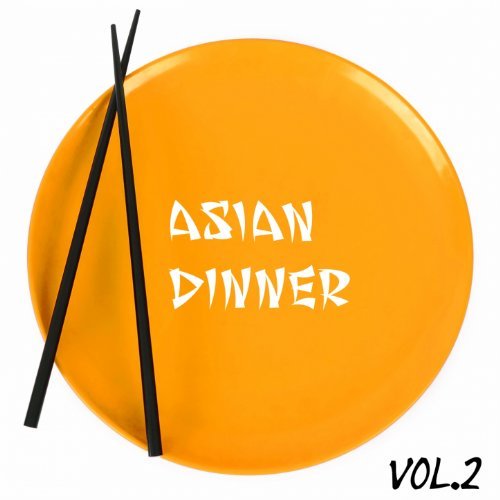




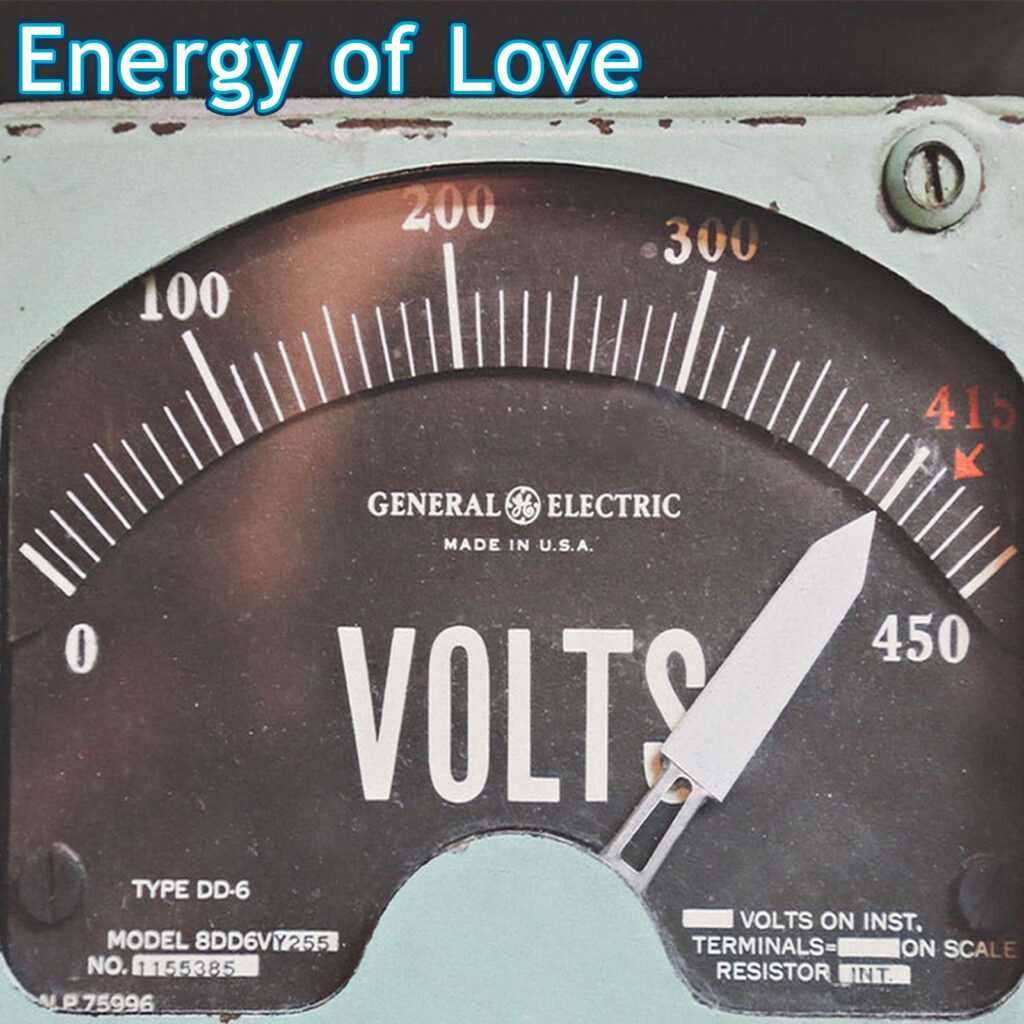
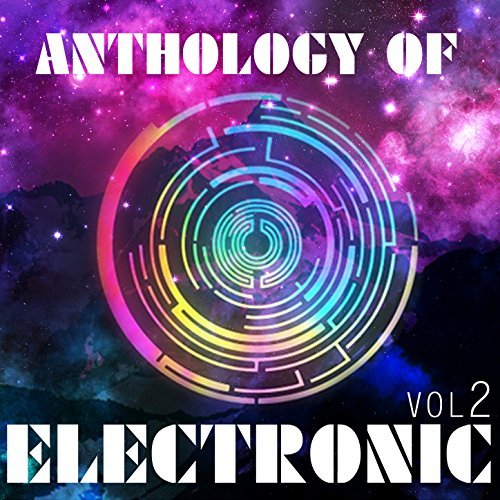
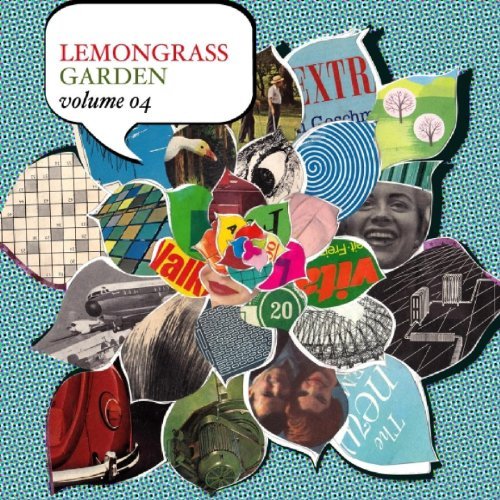

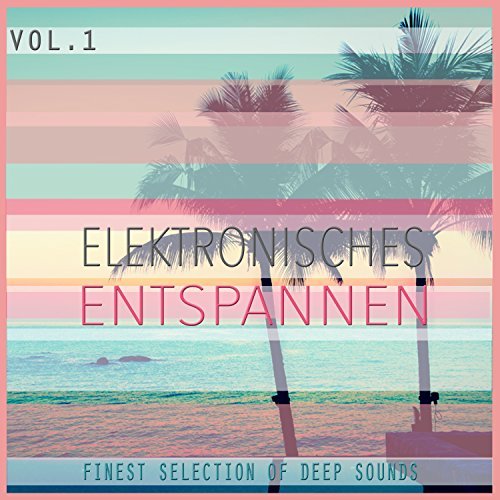
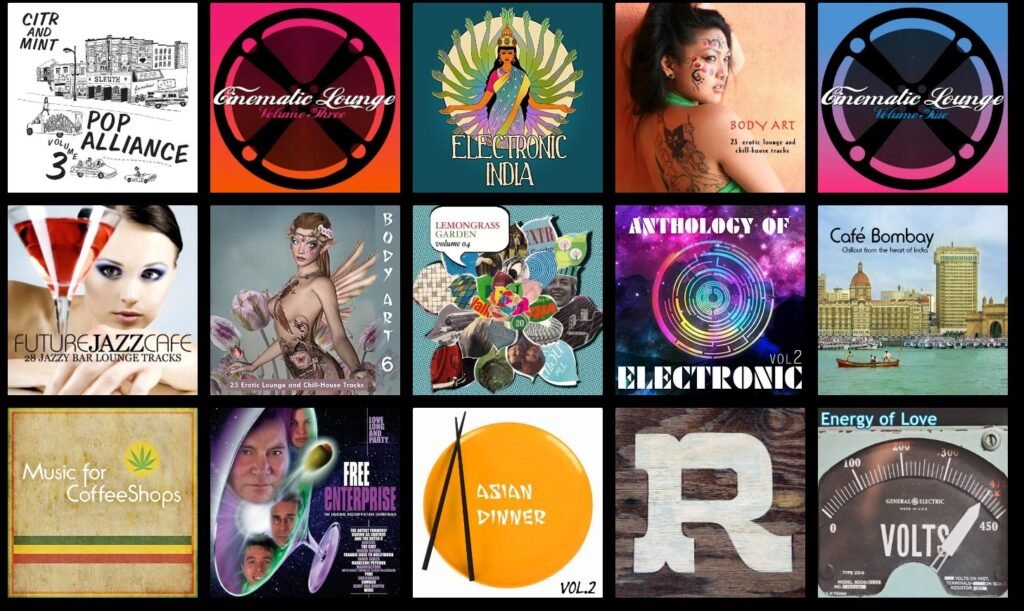
At Sunset Music, compilation placements aren’t just a side strategy—they’re a cornerstone of how we build visibility for our artists. With hundreds of songs placed on compilations around the globe, we’ve seen the tangible results: steady streams of royalties, international exposure, and long-term catalog growth for our artists.
Whether on digital platforms or physical releases, these placements prove that compilations remain relevant, effective, and valuable for today’s musicians.
👉 Final Thought: Compilations may look different in 2025 than they did in 2005, but their power hasn’t gone away. For independent artists, the right compilation can mean lasting discovery, meaningful royalties, and a stronger presence in the music industry. Sunset Music continues to champion this avenue because we’ve seen it work time and again—for artists at every level.



